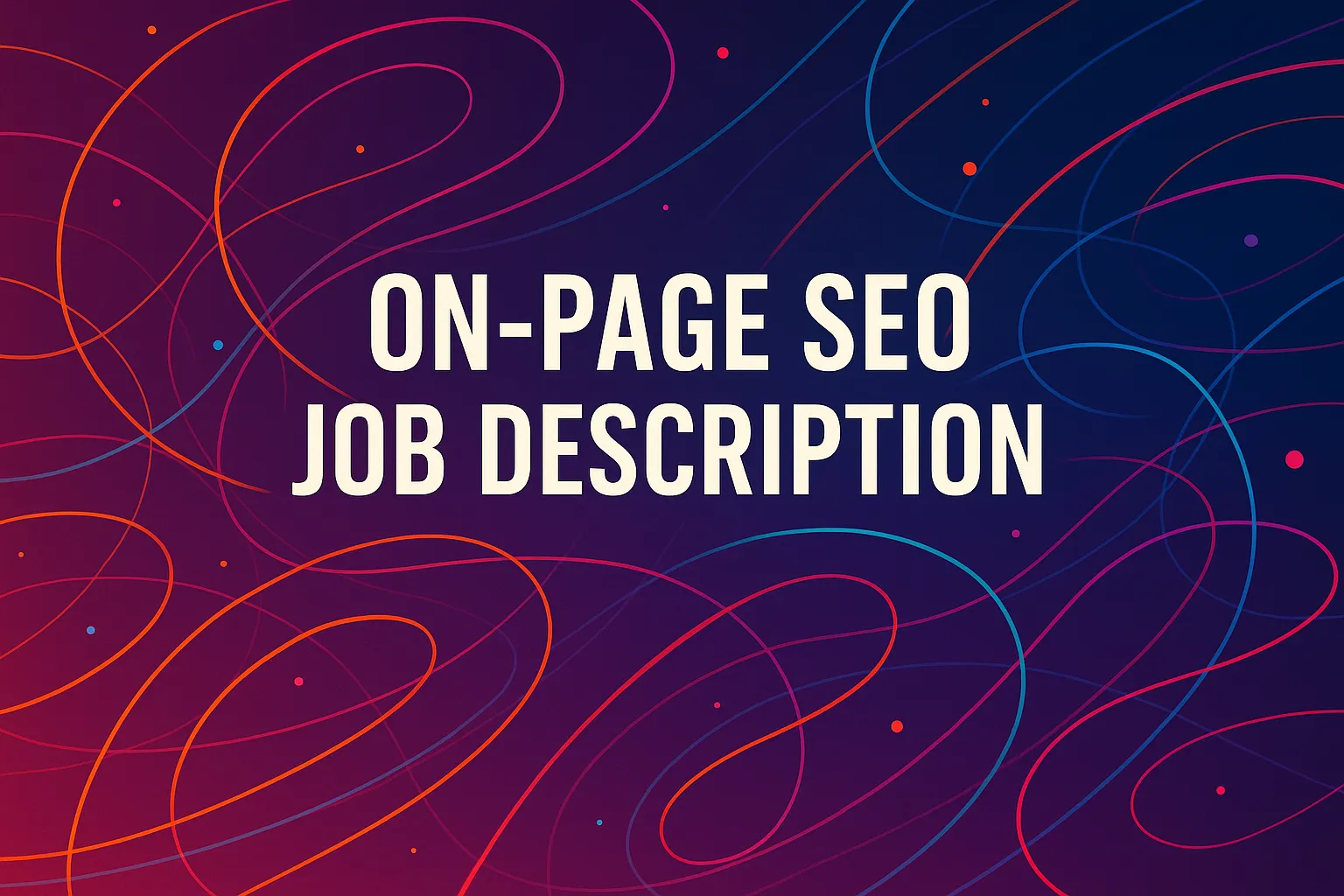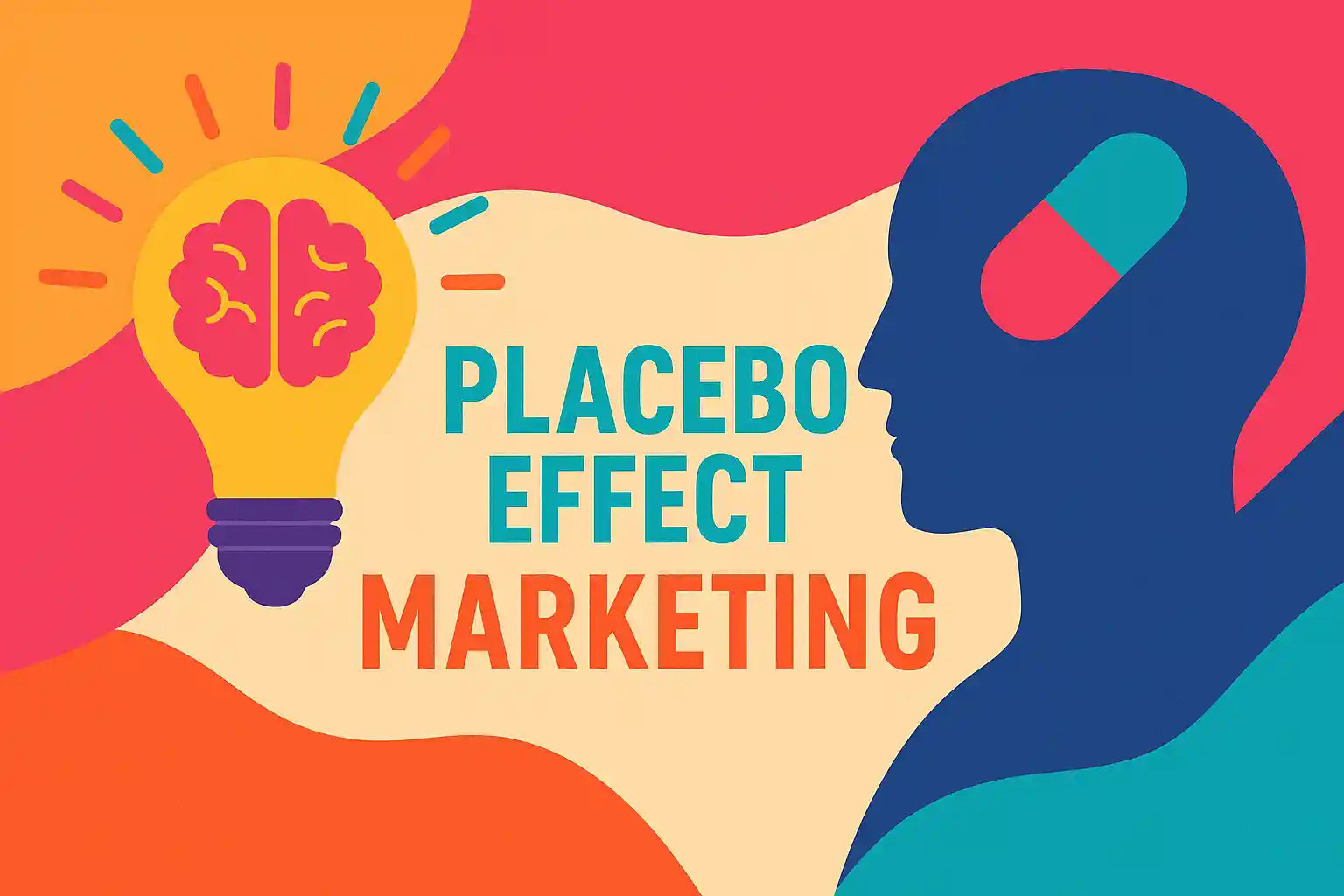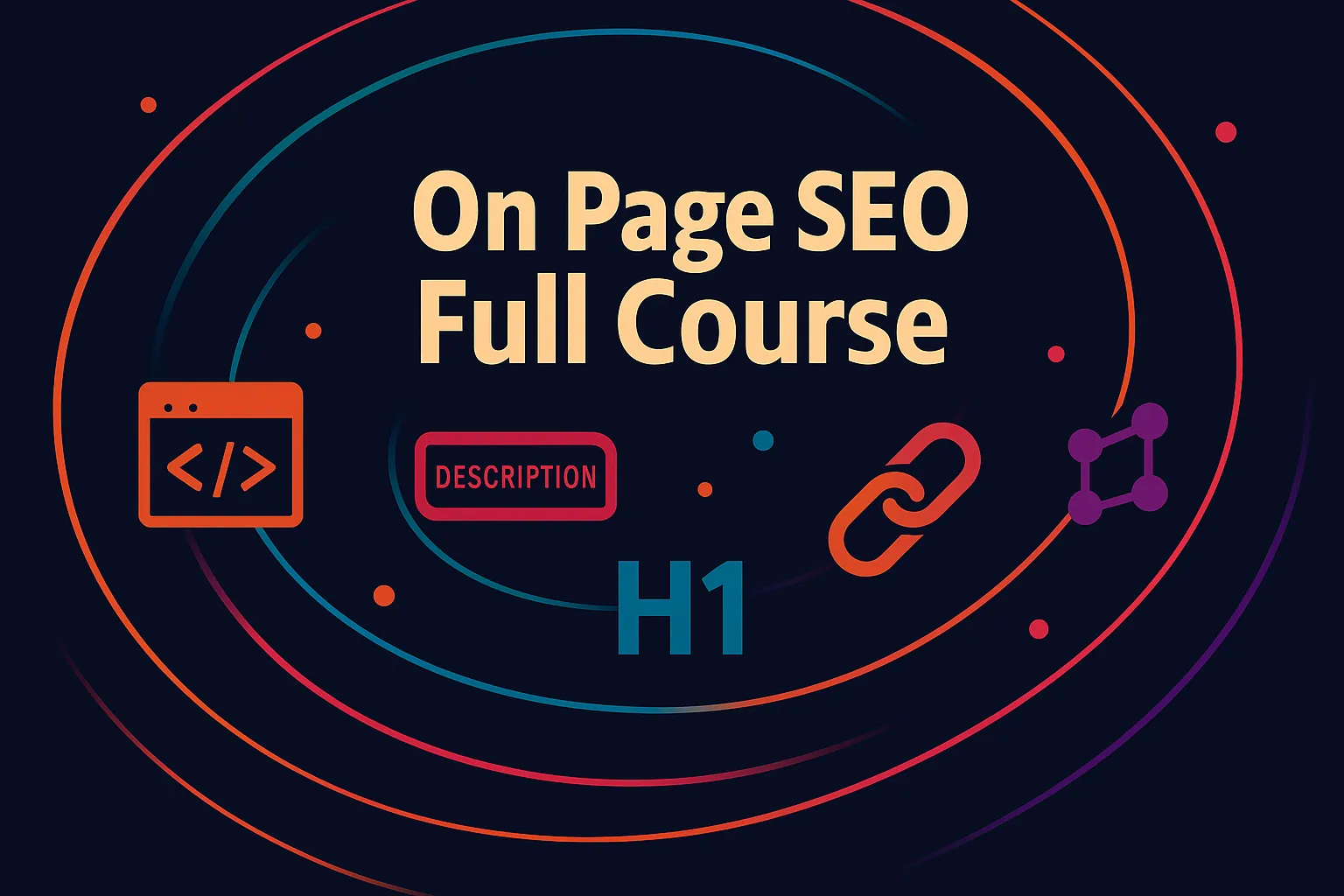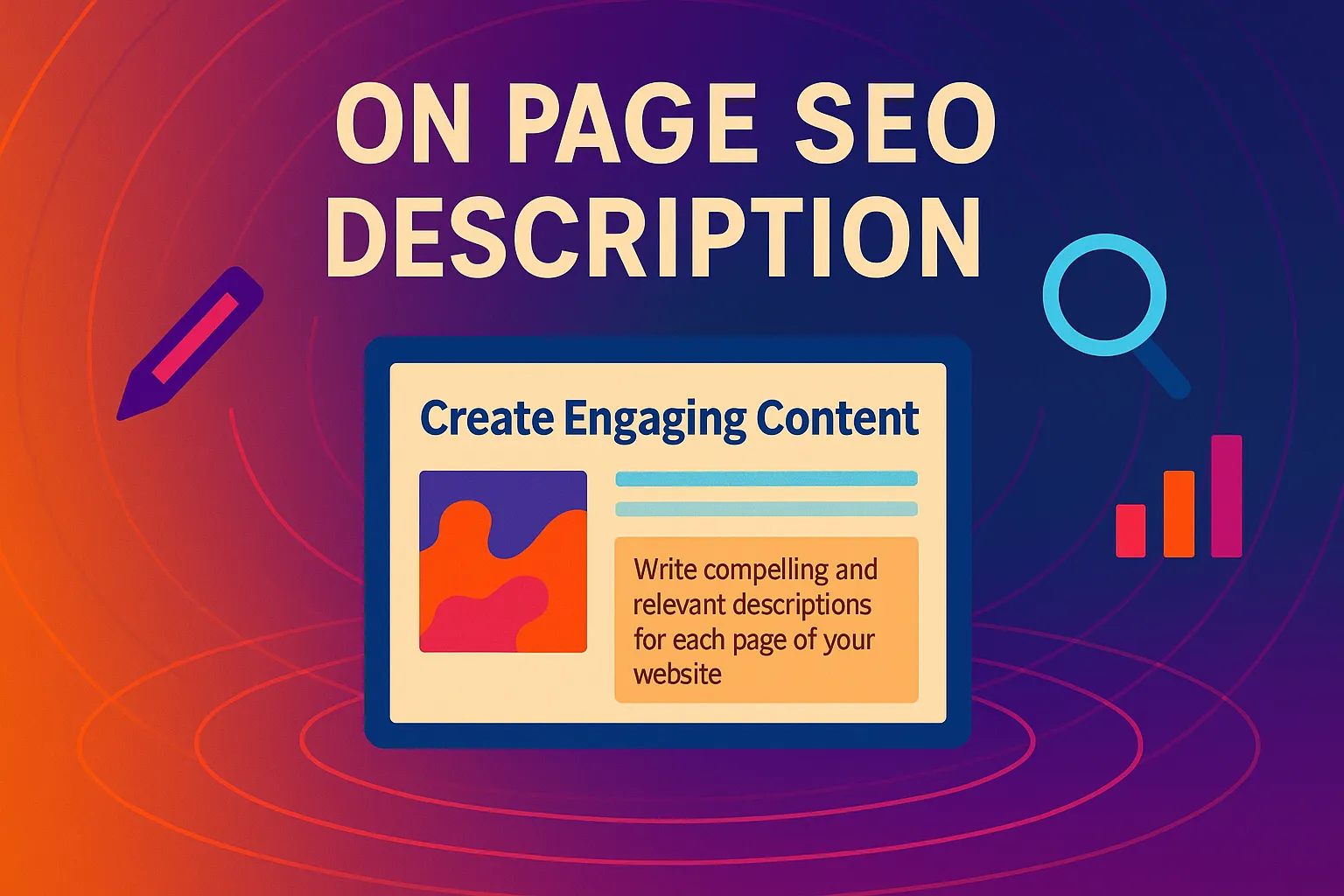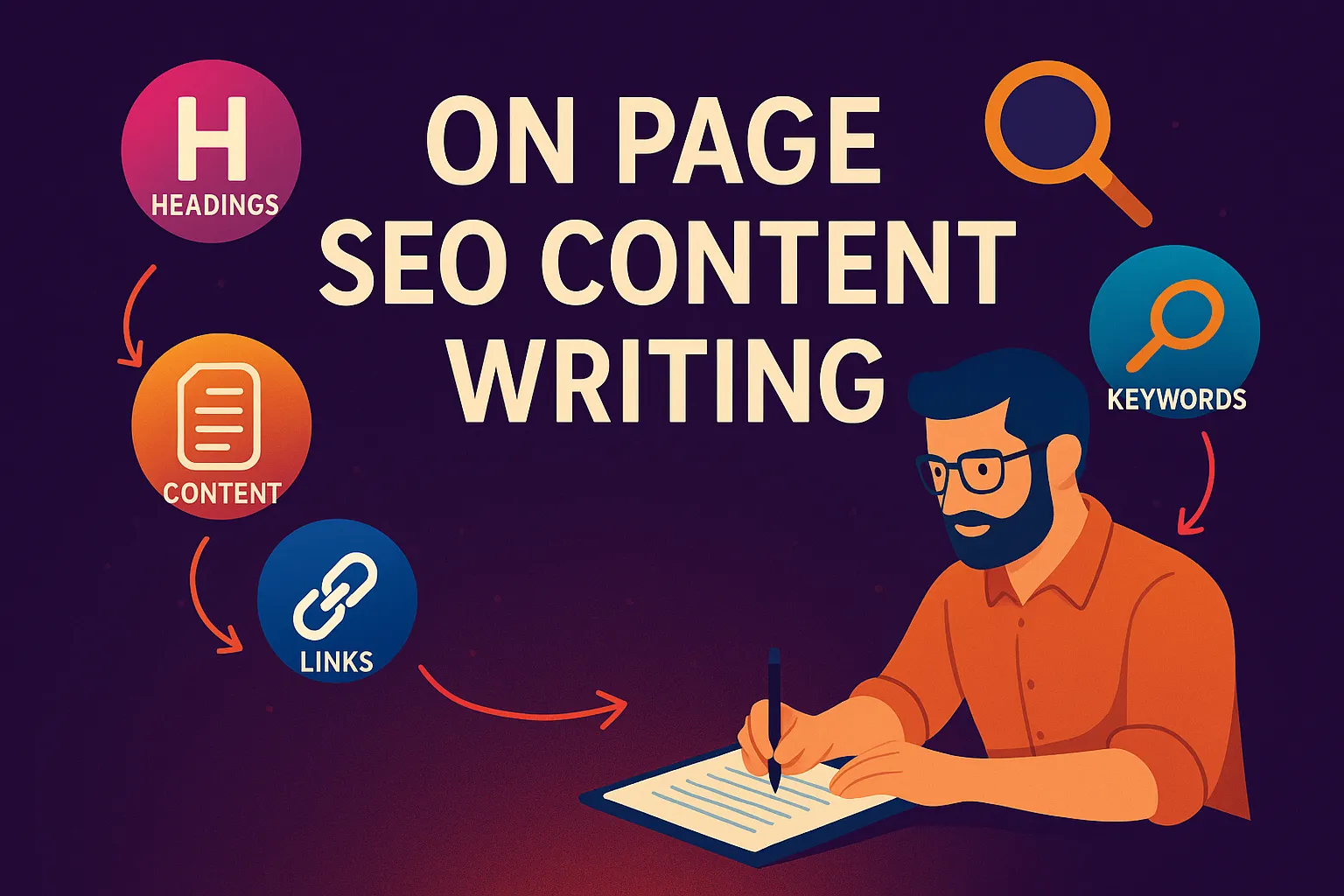What Is an On Page SEO Job Description?
After a decade running a digital marketing agency like Vibe Branding, I’ve seen SEO roles evolve fast. But one thing that remains constant?
The need for clarity in defining what people actually do in this space. An on page SEO job description isn’t just a list of tasks. It’s a blueprint for performance.
It guides hiring managers, shapes candidate resumes, and drives real results when implemented well. On-page SEO is all about optimizing elements on your website.
We’re not talking about backlinks or PR strategies here. We’re dealing with everything within the page—the content, the tags, the metadata, the structure, and how it all aligns with search intent.
It’s where art and algorithm meet, and it’s a key piece of the puzzle that drives organic success.
TL;DR: What You’ll Learn in This Blog Post
- What an on-page SEO specialist really does
- The key responsibilities in an on page SEO job description
- What tools and skills you absolutely need in this role
- Soft skills that make a difference in team performance
- Salary expectations and career paths in the field
- How we hire and train on-page SEO specialists at Vibe Branding
- Tips for writing resumes that stand out to agencies like ours
What Does an On-Page SEO Specialist Do Day-to-Day?
From my experience leading SEO teams and hiring dozens of specialists, I can tell you this: the on-page SEO role is never boring. It’s a balance of creativity and logic.
A typical day often starts with reviewing analytics dashboards, identifying underperforming pages, and cross-referencing that data with keyword trends. Then comes the fun stuff: reworking titles, optimizing meta descriptions, adding schema markup, and improving internal links.
An on-page SEO specialist also ensures that headers are properly structured, content is aligned with keyword intent, and URLs are clean and readable. They collaborate with developers, content writers, and designers to make sure the whole page is built not just for search engines, but for real humans.
At Vibe Branding, we place a big emphasis on human-first SEO. That means our on-page experts are thinking beyond rankings—they’re thinking about how users engage, convert, and come back.

The Tools and Technical Skills That Set Pros Apart
You can’t survive in this role without a solid toolkit. At Vibe Branding, our team leans heavily on platforms like Ahrefs, SEMrush, Surfer SEO, Screaming Frog, and of course, Google Search Console and GA4.
But tools are only helpful if you know what to do with them. Understanding how to perform a content gap analysis or crawl a website for broken tags isn’t just useful—it’s required.
And then there’s the technical stuff. Knowing basic HTML, CSS, and JavaScript goes a long way in making smart recommendations. You don’t have to code the site yourself, but you do need to understand what makes a page crawlable, indexable, and fast.
A lot of people forget page speed and Core Web Vitals are part of on-page SEO. Not us.
Soft Skills That Make or Break the Role
Here’s the truth: you can be technically brilliant and still not succeed as an on-page SEO specialist. Why?
Because soft skills matter just as much. At Vibe Branding, our best SEO professionals are phenomenal communicators.
They can take technical jargon and explain it clearly to a client or teammate with no SEO background. They’re also curious.
They ask the right questions, test their hypotheses, and keep learning even when Google’s algorithm isn’t making it easy. Time management is another must-have.
This job includes juggling audits, sitemaps, live content updates, and sometimes fixing meta tag mistakes from five years ago. If you’re not organized, you’ll drown.
How We Measure Success in On-Page SEO
I get this question from clients all the time: “How do you know it’s working?” We look at metrics like organic traffic increases, keyword movement, bounce rate reduction, and improved CTRs on SERPs.
But we also dig into more nuanced KPIs. For example, how long are users spending on the optimized page compared to before?
Are they visiting other pages afterward? Below is a simple table we use during onboarding to define on-page SEO KPIs:
Metric | What It Shows |
Organic Traffic Growth | Increased visibility |
Bounce Rate | Content engagement |
Average Time on Page | User satisfaction |
Click-Through Rate (CTR) | Meta optimization effectiveness |
Conversion Rate | Business outcome |
This table becomes a shared language between our team and the client. That alignment is part of what sets us apart.
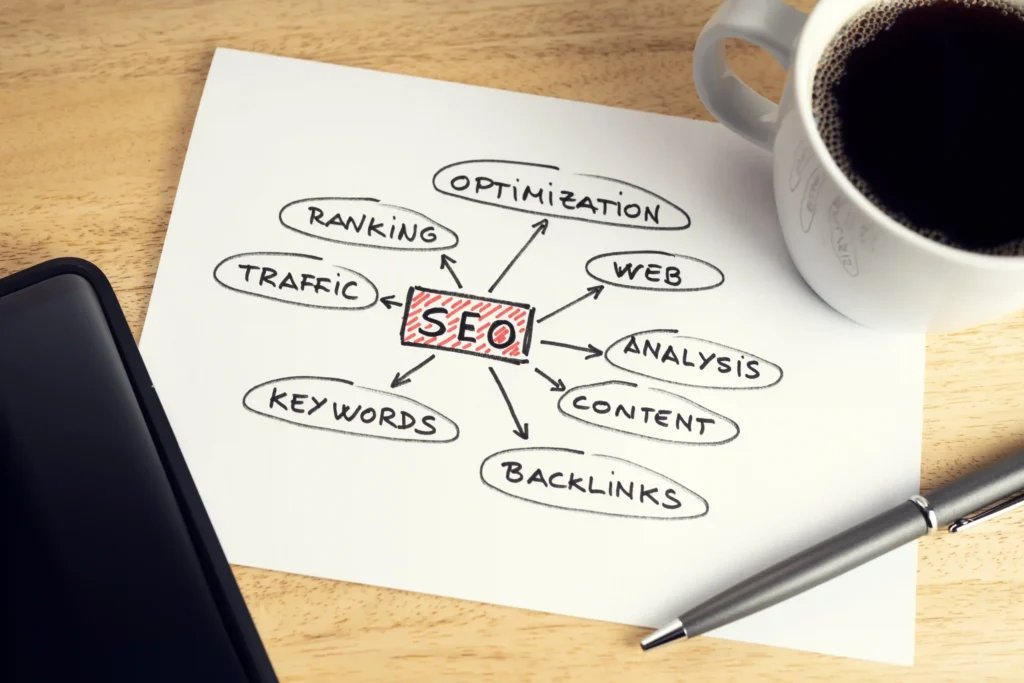
Industries That Benefit Most from Hiring On-Page SEO Pros
We work with clients across eCommerce, healthcare, SaaS, local services, and even real estate. But the value of on-page SEO isn’t industry-specific—it’s content-specific.
If your business relies on organic search traffic, you need someone to structure your content in a way that both Google and your customers understand. In highly competitive verticals, your on-page SEO could be the difference between showing up on page one or falling off the map.
I’ve seen startups double their traffic in 90 days with just a strong on-page focus. And in industries like legal or medical, where every word has compliance weight, precision on the page is a must-have.
In-House vs. Agency: What’s the Real Difference?
At Vibe Branding, we’ve hired for both. In-house specialists tend to go deep.
They live and breathe one brand, which helps them understand product pages, personas, and brand voice inside and out. Agency SEO specialists, on the other hand, become masters of flexibility.
They juggle clients in different industries and learn to pivot their strategies fast. Working at an agency gives you experience with many tech stacks, CMS platforms, and analytics tools.
It teaches you how to manage your time under pressure. But in-house roles often offer more long-term strategy work and deeper impact.
It depends on your personality and career goals. We train our team to be ready for both, because we believe that adaptability is one of the best skills any digital marketer can have.
How This Role Impacts the Whole Marketing Team
When on-page SEO is done right, it uplifts everything. Our content writers get clear direction on structure and keyword usage.
Our designers understand layout priorities. Our developers can code with accessibility and indexation in mind.
The email and social media teams even benefit because they can see what content is driving traffic organically. SEO is not a silo.
That’s one of the biggest takeaways from our 10 years in the game. We make sure our on-page SEO specialists are collaborating across departments, helping inform campaign planning and supporting CRO (conversion rate optimization) goals.
At Vibe, SEO isn’t just about ranking—it’s about performance across the funnel.
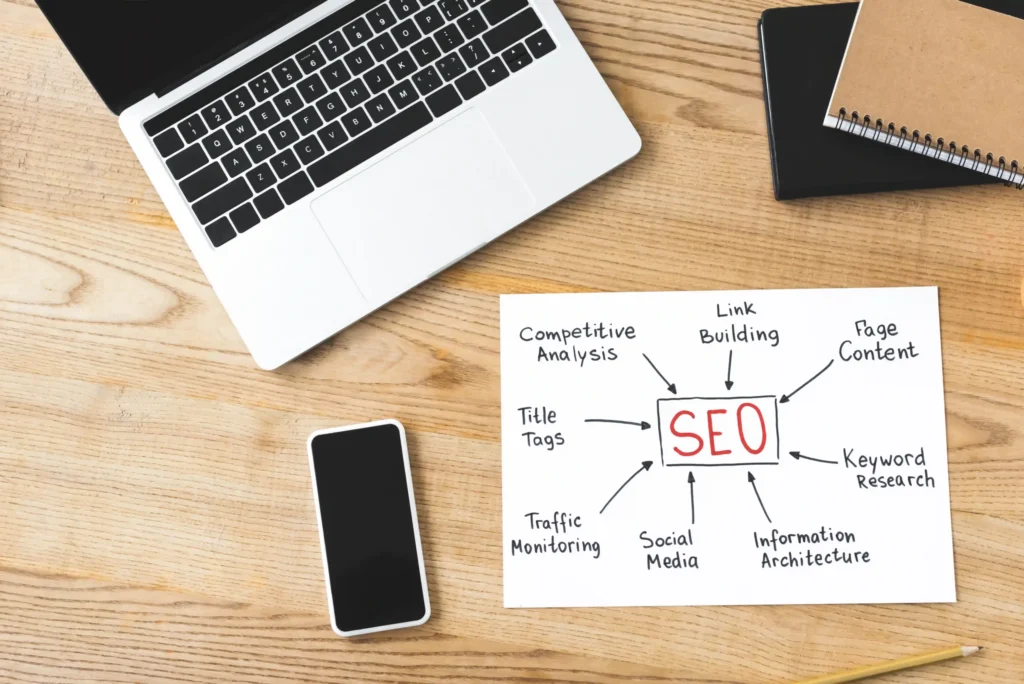
How Much Can You Earn as an On-Page SEO Specialist?
Compensation in this field varies widely, but I’ll give you real-world numbers based on the professionals we’ve hired and placed. Entry-level roles typically start around $45,000 to $55,000 annually.
These candidates usually have some experience in content or marketing and are just starting to specialize in SEO. Mid-level specialists—the ones who know their way around a CMS, run audits, and interpret analytics—earn between $60,000 and $80,000.
If you’re moving into strategy or managing a team, expect $90,000 and above. Freelancers can charge $50 to $100 per hour, depending on experience and client scope.
Here’s a simple breakdown for easy reference:
Experience Level | Salary Range | Role Focus |
Entry-Level | $45K – $55K/year | Task execution, content updates |
Mid-Level | $60K – $80K/year | Audits, tools, strategy implementation |
Senior | $90K+/year | Strategic oversight, client or team leadership |
Freelancer/Consultant | $50 – $100/hr | Flexible, project-based, high-level execution |
These ranges change depending on the company, location, and demand. At Vibe Branding, we value skill and ROI more than years alone.
Our hiring decisions often come down to results and attitude, not just a resume.
How to Build a Resume That Gets You Hired for On-Page SEO
If you’re applying for an on-page SEO role, your resume needs to reflect both technical expertise and a clear record of performance. We review hundreds of applications at Vibe Branding, and the ones that stand out always include numbers.
Show us you increased traffic by 30%, or cut bounce rates in half. List your tools—not just “familiar with Ahrefs,” but “used Ahrefs for technical audits and keyword mapping across 60+ pages.”
Make sure your resume includes:
- Quantifiable achievements
- Specific tools used and why
- Collaboration experience with devs or content teams
- Certifications from places like Moz, HubSpot, or Coursera
- Links to published or optimized work (if possible)
We also appreciate clean formatting and a short, punchy intro paragraph. Keep it real. Let us see your voice.
Final Thoughts: Why This Role Matters More Than Ever
The role of an on-page SEO specialist isn’t just growing—it’s becoming central to the success of digital marketing as a whole. With Google updating its algorithm constantly and competition for attention growing, businesses need experts who understand not just content, but structure, experience, and relevance.
That’s exactly what we look for at Vibe Branding. If you’re hiring, make your on page SEO job description clear, focused, and detailed.
If you’re applying, show that you understand both the science and the strategy behind search visibility. At the end of the day, it’s about connecting users with answers—and doing it better than anyone else.

